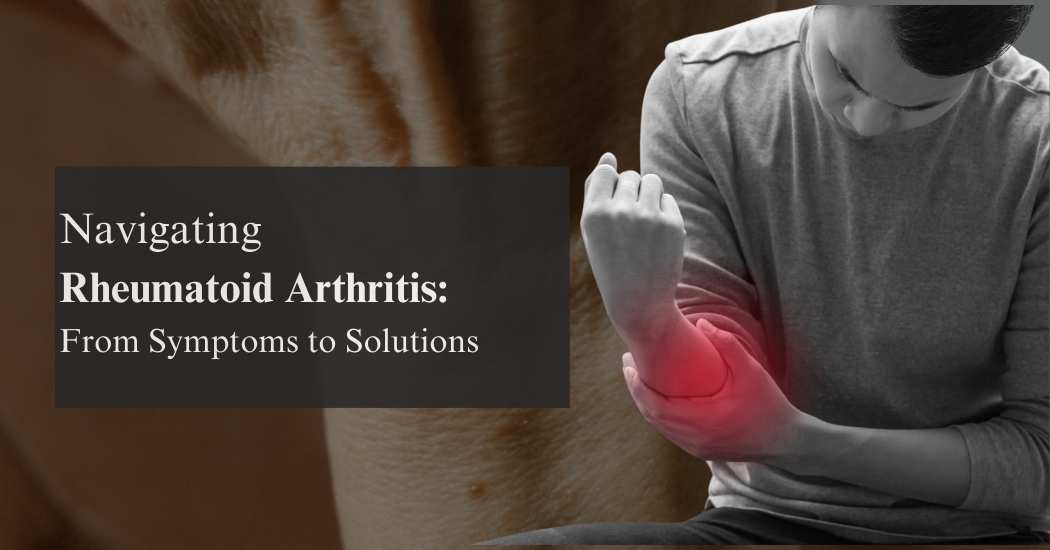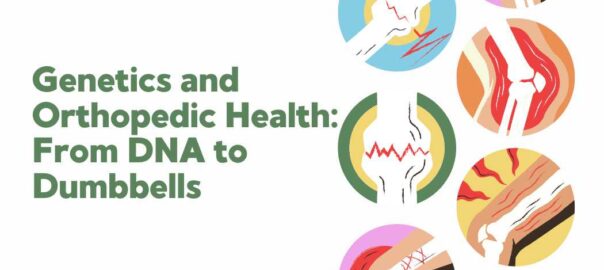
Introduction
Rheumatoid arthritis (RA) is a chronic autoimmune disorder that affects millions worldwide, causing pain, inflammation, and joint damage. Understanding its symptoms, progression, and available solutions is crucial for those living with RA and their caregivers. In this article, we’ll delve into the intricacies of RA, exploring its symptoms, diagnosis, treatment options, and lifestyle modifications.
Understanding Rheumatoid Arthritis
What is Rheumatoid Arthritis?
Rheumatoid arthritis is an autoimmune condition where the body’s immune system mistakenly attacks its own tissues, primarily affecting the joints. Unlike osteoarthritis, which results from wear and tear on the joints, RA involves inflammation of the synovium, the lining of the membranes that surround joints.
Recognizing the Symptoms
Symptoms of RA can vary from person to person, but common signs include joint pain, swelling, stiffness, and fatigue. These symptoms often occur symmetrically, affecting both sides of the body simultaneously. Inflammation can also extend to other parts of the body, such as the eyes, lungs, and heart.
Diagnosing Rheumatoid Arthritis
Diagnosing RA can be challenging as there is no single test for it. Healthcare providers typically rely on a combination of medical history, physical examination, blood tests, and imaging studies to confirm a diagnosis. Early detection is vital in managing RA effectively and preventing irreversible joint damage.
Managing Rheumatoid Arthritis
Treatment Options
Several treatment modalities aim to alleviate symptoms, slow disease progression, and improve quality of life for individuals with RA. These include medication such as nonsteroidal anti-inflammatory drugs (NSAIDs), disease-modifying antirheumatic drugs (DMARDs), biologics, and corticosteroids. Physical therapy and occupational therapy can also help maintain joint function and mobility.
Lifestyle Modifications
In addition to medical interventions, lifestyle modifications play a crucial role in managing RA. Regular exercise, such as low-impact activities like swimming and walking, can help reduce pain and stiffness while improving overall health. A balanced diet rich in anti-inflammatory foods, such as fruits, vegetables, and omega-3 fatty acids, may also provide relief from RA symptoms.
Holistic Approaches
Complementary and alternative therapies, including acupuncture, massage therapy, and mind-body techniques like yoga and meditation, have gained popularity in managing RA symptoms. While research on their efficacy is ongoing, many individuals find these therapies beneficial in conjunction with traditional treatments.
Exploring Future Solutions
Research and Innovation
The landscape of RA treatment continues to evolve with ongoing research and technological advancements. Novel therapies, targeted drug delivery systems, and personalized medicine approaches offer hope for improved outcomes and better quality of life for individuals with RA in the future.
Conclusion
Living with rheumatoid arthritis presents unique challenges, but with early diagnosis, comprehensive treatment, and lifestyle modifications, individuals can effectively manage the condition and lead fulfilling lives. By staying informed, proactive, and engaged in their healthcare journey, those affected by RA can navigate its complexities with resilience and optimism.
As American author Jim Rohn once said, “Take care of your body. It’s the only place you have to live.” Let’s embark on this journey together, empowering each other to conquer rheumatoid arthritis and embrace a life of health and vitality.
FAQ’s
Early signs of RA include joint pain, swelling, stiffness, and fatigue, often occurring symmetrically in the body. If you experience these symptoms persistently, it’s essential to consult a healthcare provider for evaluation and diagnosis.
RA diagnosis typically involves a combination of medical history review, physical examination, blood tests (such as rheumatoid factor and anti-cyclic citrullinated peptide antibody tests), and imaging studies (like X-rays and ultrasound). Early detection is crucial for initiating timely treatment and preventing joint damage.
Treatment for RA aims to alleviate symptoms, slow disease progression, and improve quality of life. Medications such as NSAIDs, DMARDs, biologics, and corticosteroids are commonly prescribed. Additionally, physical therapy, occupational therapy, and lifestyle modifications can complement medical interventions.
Yes, lifestyle modifications play a significant role in RA management. Regular exercise, including low-impact activities like swimming and walking, can improve joint function and reduce pain. A balanced diet rich in anti-inflammatory foods may also provide relief from RA symptoms.
Complementary and alternative therapies such as acupuncture, massage therapy, and mind-body techniques like yoga and meditation are popular choices for managing RA symptoms. While research on their efficacy continues, many individuals find these therapies beneficial in conjunction with conventional treatments.








